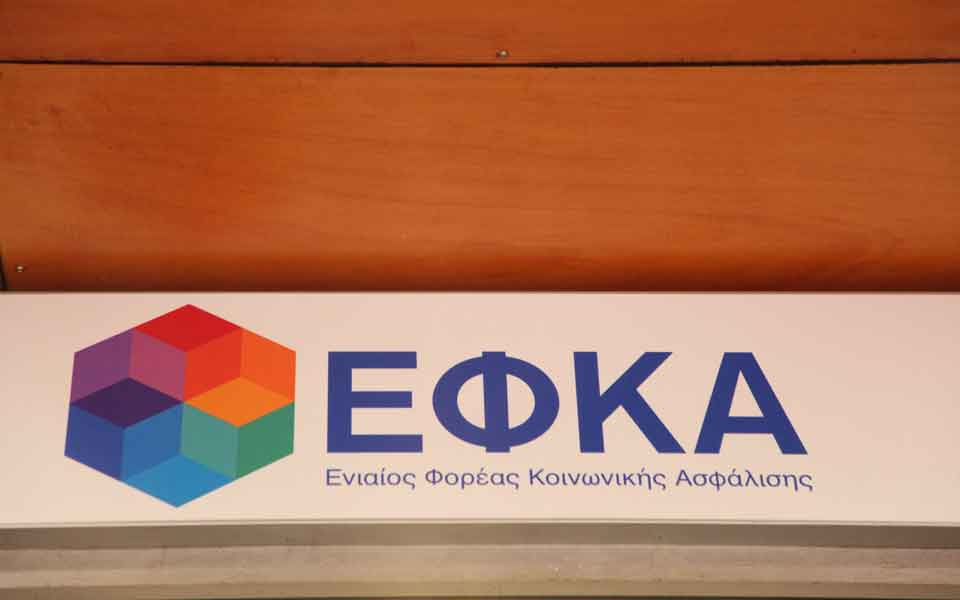A black hole emerges over new social security fund’s first months

The revenues of the new Single Social Security Entity (EFKA) are showing signs of a black hole from the outset, and the Labor Ministry and the fund’s management are in a battle against time to collect at least 50 percent of the amount due by March 17, the new deadline granted for the payment of January contributions by freelance workers, farmers and the self-employed. Contributions from salary workers have beaten expectations.
Collecting even half of contributions due will be a long shot, while it will all be taking place at the same time as the detailed technical inspection by the representatives of the country’s creditors on the implementation of the pension reform. Any target missed will make the new measures that the country’s creditors, particularly the International Monetary Fund, are insisting on that much more likely.
The true state of EFKA’s revenues from freelancers and the self-employed will emerge at the end of the week, but the extension granted to everyone up to March 17 may dilute the picture, as next to those who have not yet received a pay notice, there will be those who typically pay right at the last minute.
Of course in March the February contributions will also be due, while the March 17 deadline also concerns other declarations, such as the payment of the Christmas bonus.
Last Friday, before the extension was granted, farmers, self-employed professionals and freelancers paid 25-30 million euros in contributions. In total an estimated 70-80 million euros has been collected from non-salary workers, while their dues add up to some 250-270 million per month. According to projections by the government, any sum topping 130 million will be seen as a positive development on March 17.
Since the reform’s announcement by former minister Giorgos Katrougalos, the ministry’s main argument had been that the new system of calculating the contributions of non-salary workers would increase EFKA’s revenues not through a contribution increase but by allowing more people – who until recently would not pay – to contribute their dues. That set the collection rate bar much higher than the 50 percent recorded in 2016.





